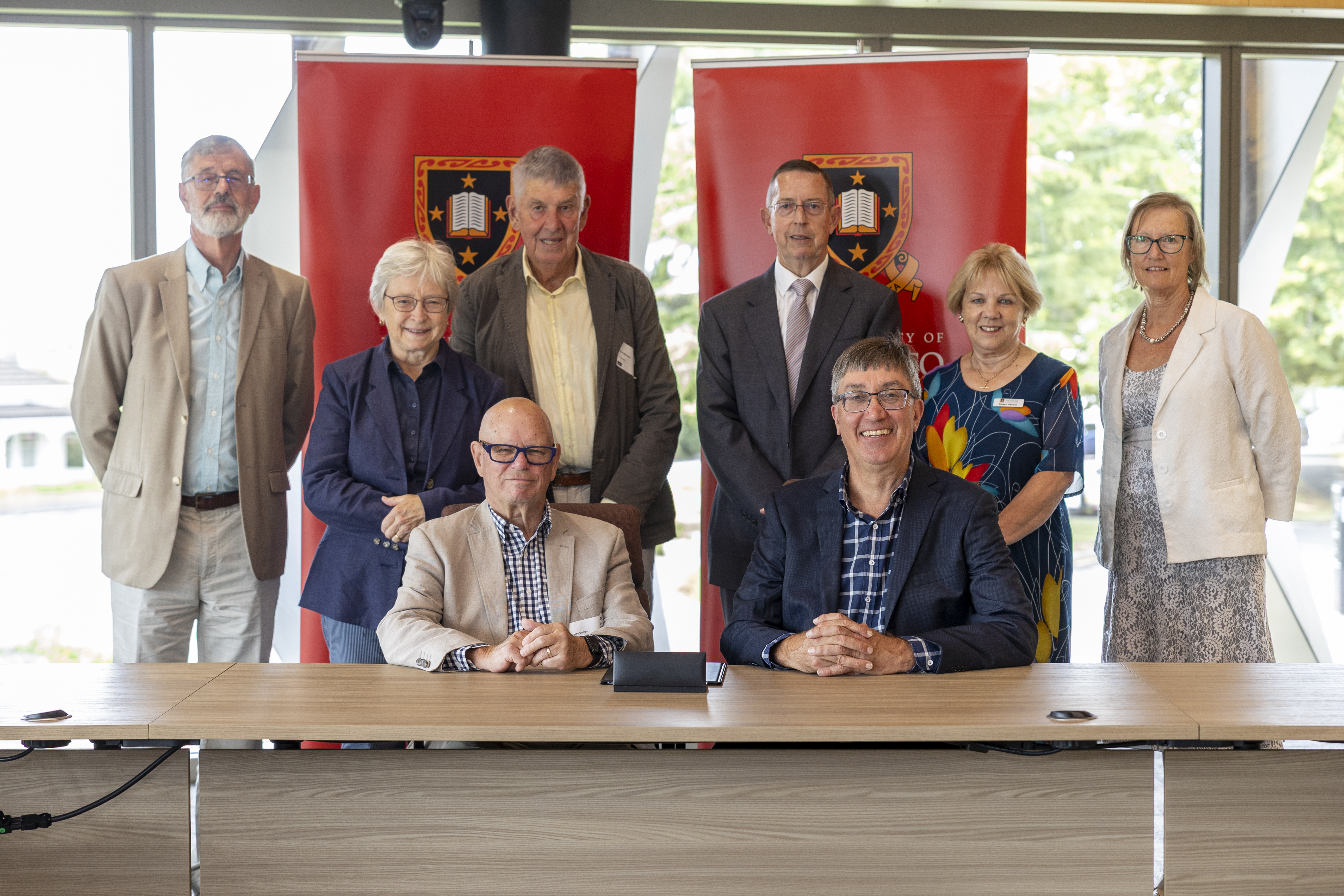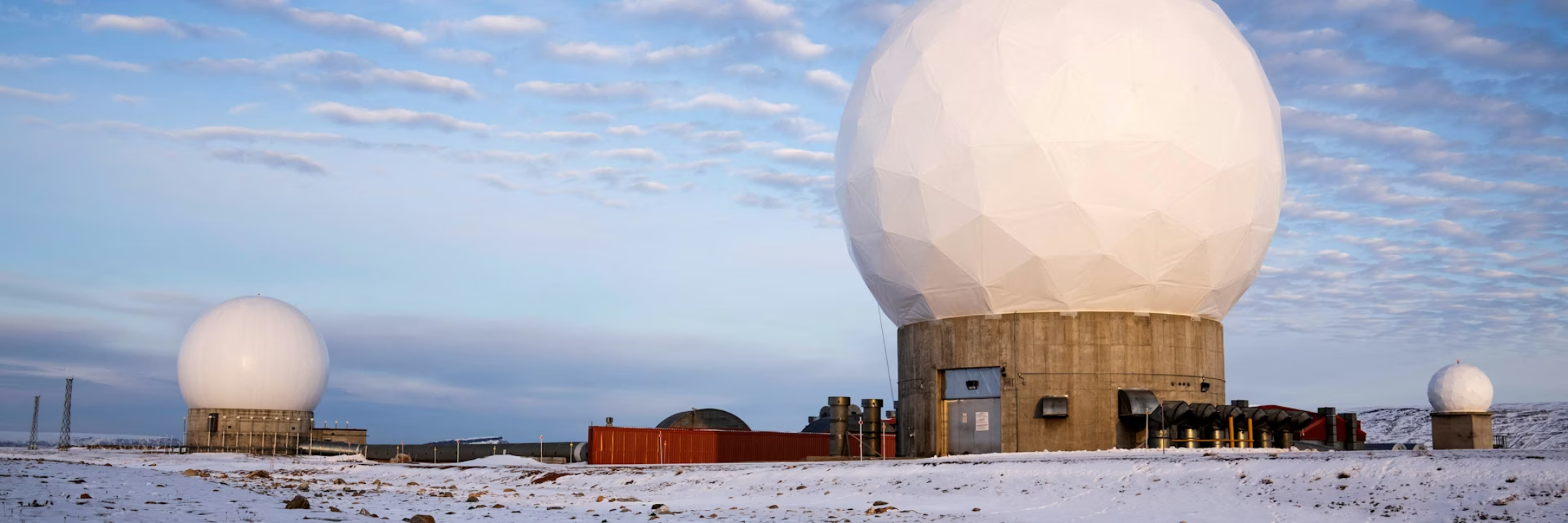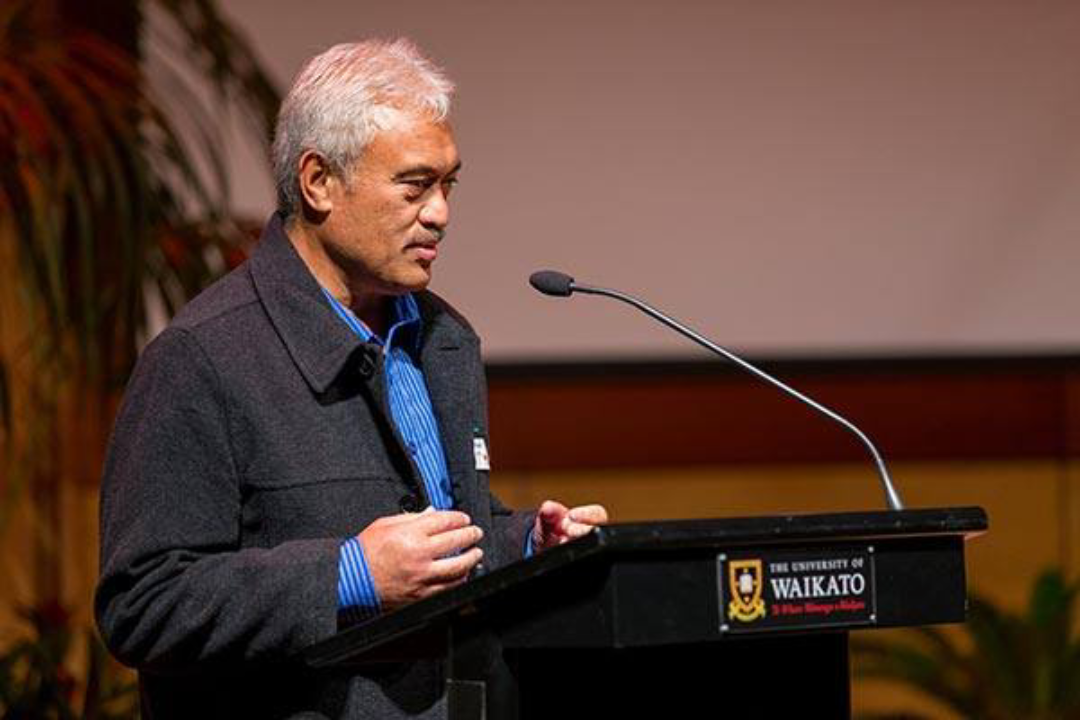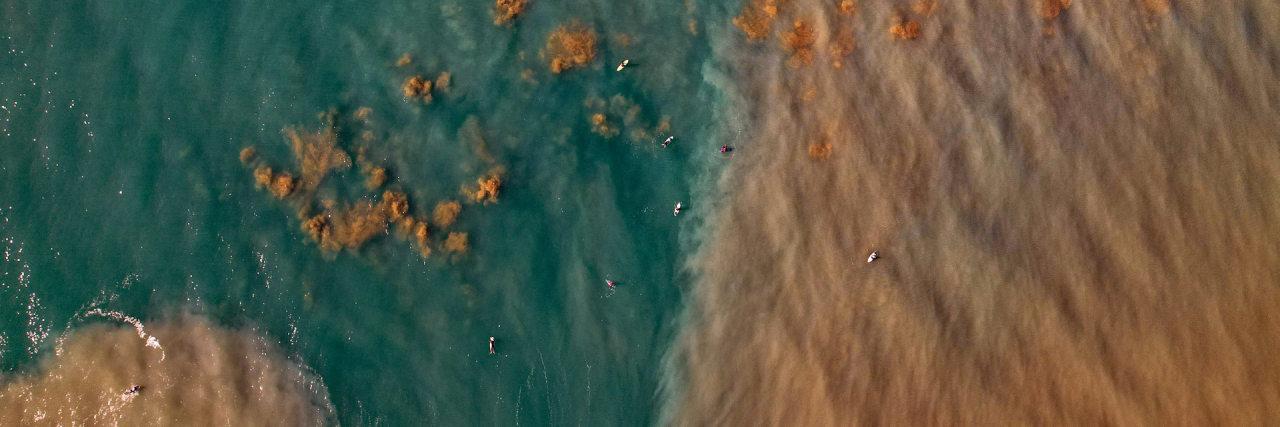With a sea captain for a grandfather and childhood summers spent around the sea, it’s no surprise that Karin Bryan was drawn to studying the deep blue.
A passion for math and physics led the University of Waikato Professor to physical oceanography.
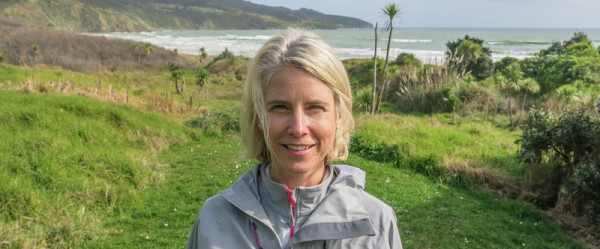
Professor Karin Bryan FRSNZ, newly appointed Royal Society Te Apārangi Ngā Ahurei a Te Apārangi Fellow
Professor Bryan is one of the new Royal Society Te Apārangi Ngā Ahurei a Te Apārangi Fellows, announced this morning. She has been honoured for her research on estuarine processes, coastal morphodynamics, and climate-driven variability in waves, which has gained international recognition over a period of more than 20 years.
“I like to think it is the most challenging because of the complexity of our coastline and the immediate impact on coastal communities, and in turn, our impact on coastal ecosystems.”
Professor Bryan says climate change is a game changer for an already complex discipline.
“It is really hard to provide useful information in such an uncertain environment. The focus was first on the slow onset hazard of sea level rise, but these massive events of the last few months are making it even harder to visualise the future. There is no time to perfect a theory or model anymore, we need to learn and improve really quickly to be able to help.
The recognition that comes with the Fellowship also comes with a reminder for Professor Bryan.
“I think for my research it will remind me to focus on fewer but higher quality (and, most importantly, more useful) outcomes,” she says.
It’s also a prompt to keep working with the next generation. As Dean of Te Mata Kairangi School of Graduate Research, Professor Bryan is committed to demonstrating the value of graduate study in creating useful knowledge for society.
“This year I want to focus on helping students get real value out of their University experience. It sounds corny, but to show that universities still have a place in creating useful knowledge for societies.”
Her world-leading work in the oceanography of the coastal ocean and today’s announcement following the rigorous election process for Royal Society Fellows are testament to that value.
Ngā Ahurei a Te Apārangi Fellows are recognised by the Royal Society Te Apārangi for their distinction in research and advancement of science, technology or the humanities. They
are world leaders in their area of research and scholarship.




